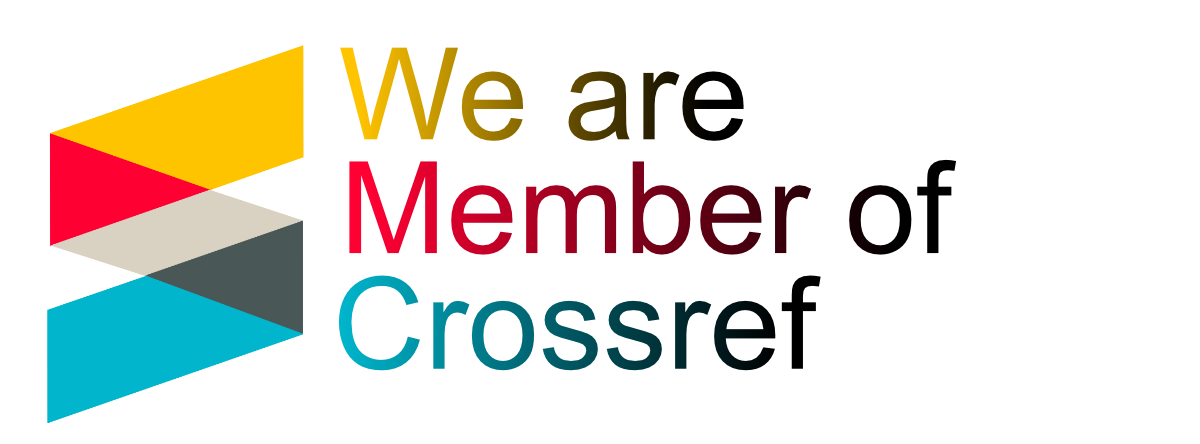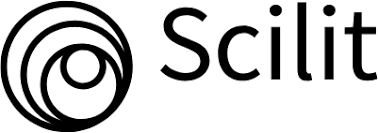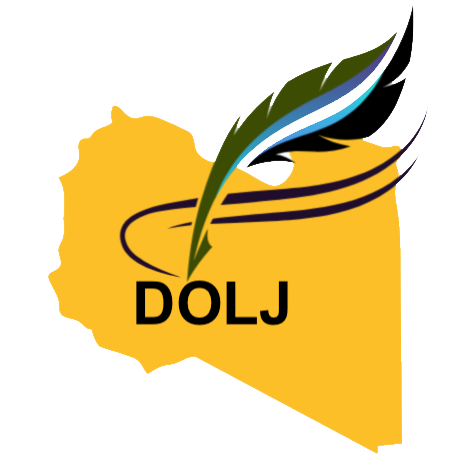Differences in Vocational Inclinations
DOI:
https://doi.org/10.54172/052gqx79Keywords:
Education, guidance, profession, vocational inclinationsAbstract
Understanding the differences between individuals is one of the main benefits that teachers gain from psychology. In the past, teachers considered their students to be similar in terms of mental ability and expected them to be equal in their achievements and performance, which was a gross mistake. Teachers must realize that students differ in their mental abilities and inclinations. Some grasp concepts quickly, while others require more time for comprehension. They should also acknowledge that students differ in their readiness for different subjects. Assessing general inclinations and vocational inclinations is an important factor in classifying and distributing individuals across various professions within educational, economic, and industrial institutions. Inclination assessments provide indicators of certain aspects of personality and are used in various situations. By guiding students towards fields that align with their inclinations, orientations, competencies, and natural talents, education can offer its utmost by utilizing appropriate approaches for these abilities. Using psychology, teachers can objectively evaluate students' educational and vocational inclinations, aiding in the process of educational and career guidance. The success of students in academic achievement and professional excellence depends on their intelligence, cultural competencies, and inclinations towards different subjects and professions. If inclinations vary in their strength and intensity, choosing a profession that is mismatched with one's abilities and intelligence can lead to failure and incompetence in performing it.
Downloads
Published
Issue
Section
License

This work is licensed under a Creative Commons Attribution-NonCommercial 4.0 International License.
Copyright of the articles Published by Almukhtar Journal of Social Science (MJSSc) is retained by the author(s), who grant MJSc a license to publish the article. Authors also grant any third party the right to use the article freely as long as its integrity is maintained and its original authors and cite MJSSc as the original publisher. Also, they accept the article remains published by the MJSSc website (except in the occasion of a retraction of the article).













